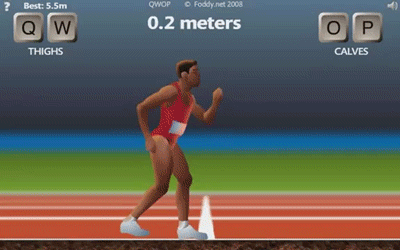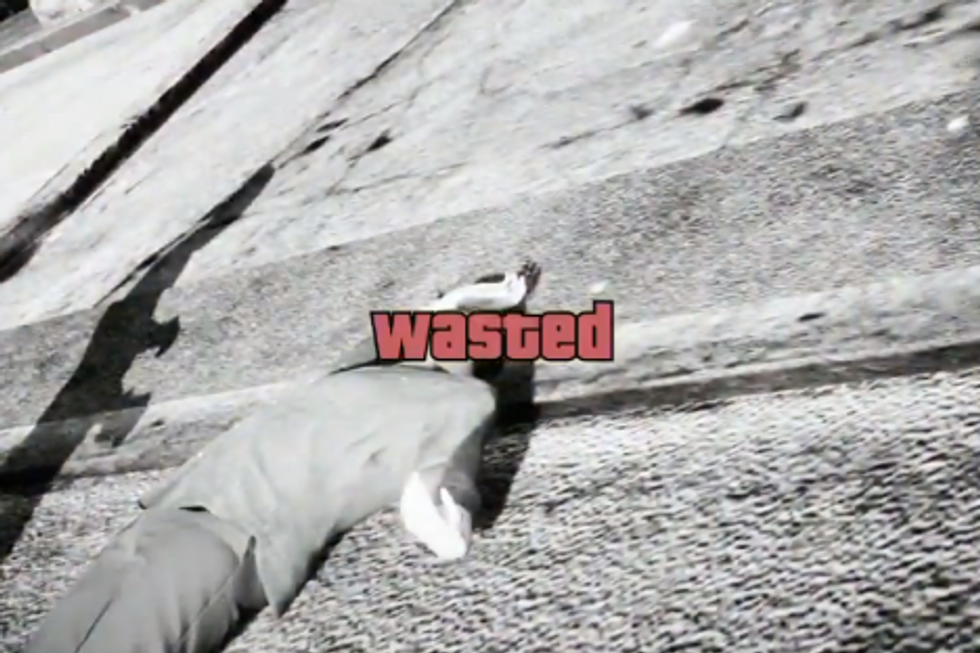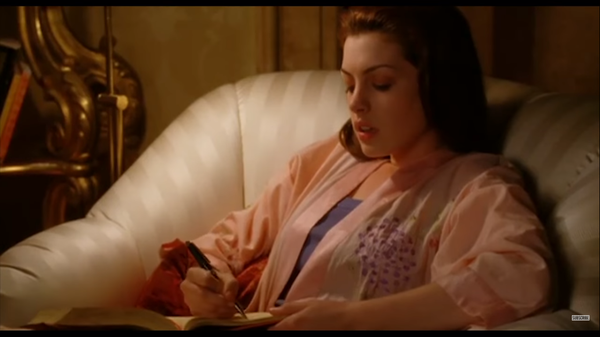Playing video games has taught me a lot about life, and over the last few days it’s taught me quite a bit about failing. Failure is an integral part of any game, including the game of life—and no, I’m not talking about Hasbro, though I suppose that applies here as well. Understanding why failure is necessary has changed the way I view my own shortcomings.
The catalyst for this change of perspective is The Art of Failure: An Essay on the Pain of Playing Video Games. Written by Jesper Juul, former assistant professor at NYU’s Game Center, the slim book contains lessons in game design, life, and history, as it explores what it means to fail and how we can use our failures constructively. A self-help book this is not, The Art of Failure is meant merely to begin a conversation about the many paradoxes and emotions failure creates.
Chief among these paradoxes is that of game failure as a whole. According to Juul, it goes like this:
- We generally avoid failure.
- We experience failure while playing games.
- We seek out games although we will experience something that we normally avoid.
The question then becomes the following: Why on earth do we play games if we know we’ll fail? The answer is thankfully pretty simple: we want to fail. “This is what games do: they promise us that we can repair a personal inadequacy–– an inadequacy that they produce in us in the first place,” and that sensation of overcoming an inadequacy, even if it wasn’t there to being with, is immensely satisfying. The danger, however, arises when the game creates some inadequacy that we are unable to conquer. This occurs most frequently in what are known as transient games, games like tennis, Street Fighter, or chess. When you lose a game of tennis, you will always be the loser of that match and there is nothing to be done about it other than play again.
This emotional volatility is what Juul describes as an “emotional gamble.” There is a large and equal potential for both positive and negative emotions when we play any type of competitive game. This gamble so high in fact, that Bobby Fischer, winner of the famed 1972 World Chess Championship, was later so paranoid about failing at his game that he preferred not to play.
Among the many other ways to think about failure that the book provides, the anecdote that seems to be the most overarching comes from sports writer Michael Lardon, imploring the reader to “replace frustration with curiosity.” If we are able to forego bending our golf clubs or throwing our controller and instead simply think about what’s holding us back, we stand a much better chance at succeeding.
So what, then, is “the art of failure”? The phrase will, and should, hold a different meaning for different people, but Juul describes it as not a perfect balance of trial and error, but rather a “strange arrangement” of patience, frustration, and responsibility under the “shiny surface of harmlessness [that of a game] … where we can struggle with our failures and flaws.”























